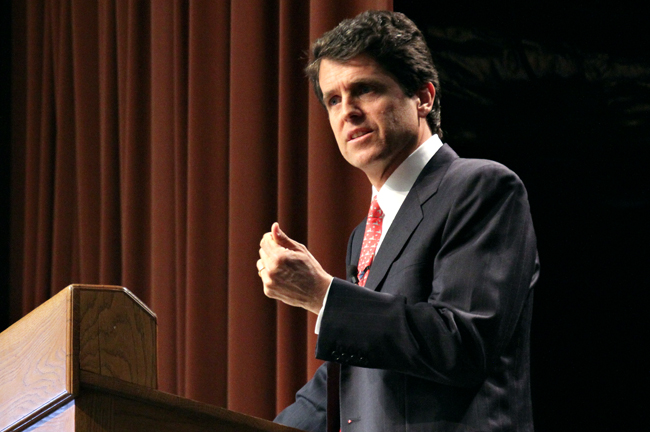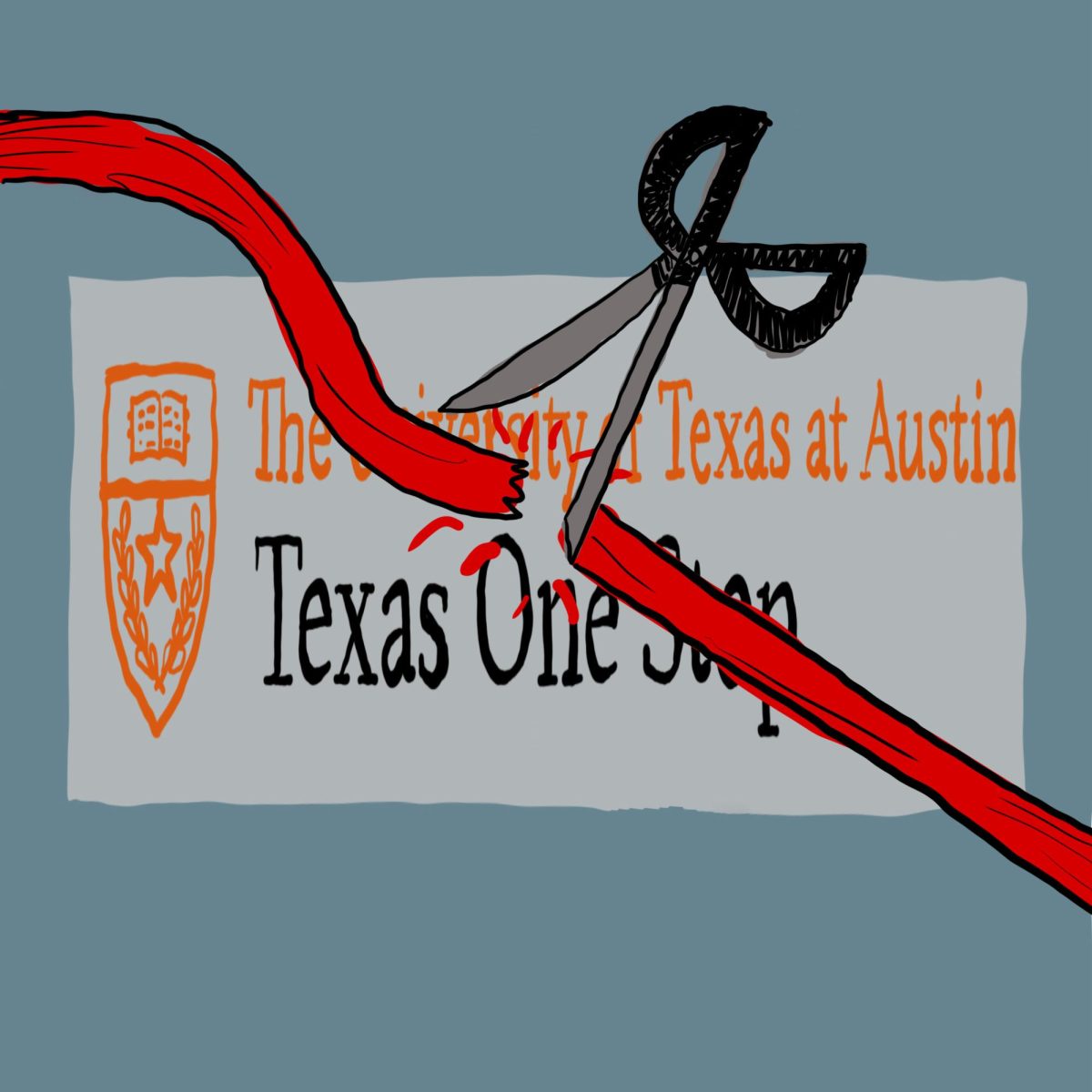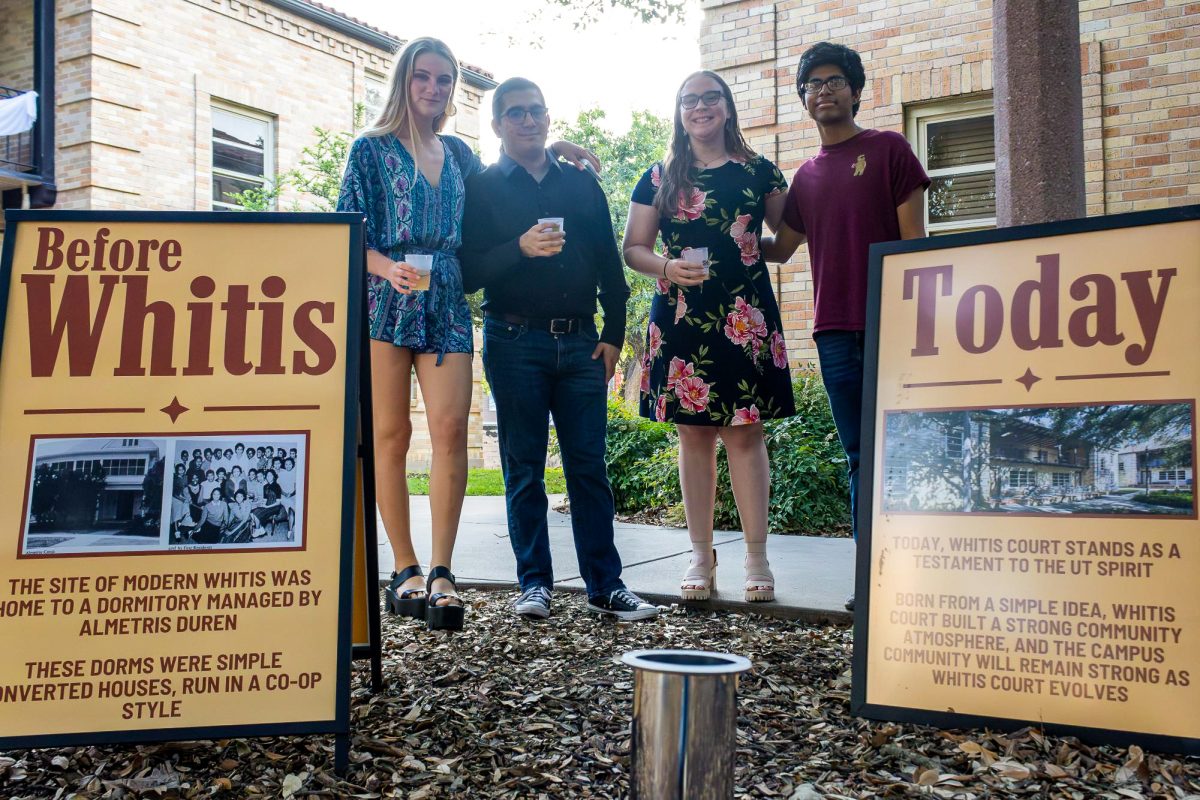Mark Shriver shared his experience of caring for his father, Sargent Shriver, after he developed Alzheimer’s disease with other families at a lecture focused on the disease Wednesday.
In a lecture sponsored by the Capital of Texas Chapter of the Alzheimer’s Association and the Institute for Grief, Loss and Family Survival in the School of Social Work, families learned how to maintain their own lives while tending to relatives with Alzheimer’s disease.
Alzheimer’s disease is a degenerative brain disease that impairs memory. According to the Alzheimer’s Association, there are an estimated 340,000 Texans that have Alzheimer’s disease. Sargent Shriver was the first director of the Peace Corps and later became the U.S. ambassador to France. He died in 2011 after a battle with Alzheimer’s disease.
Mark Shriver, author of “A Good Man: Rediscovering My Father, Sargent Shriver” said he found it was more important to be a love-giver than a care-giver while he was tending to his father.
“What really sustains you throughout, or what sustained me throughout the process, was to realize that he, my father, had given love unconditionally and that is what you need on a day-to-day basis in order to survive,” Shriver said.
He said the family was lucky to have adequate resources because Alzheiemer’s disease is brutal, emotionally and financially devastating. Shriver said the disease is impacting families across the nation.
“As a country we are not doing enough investing in research to find a cure for it,” Shriver said.
Christian Wells, president of the Capital of Texas Chapter of the Alzheimer’s Association, said research funding is important because the cause of Alzheimer’s disease is unknown and there is not a cure. She said the association advocates for the Texas Alzheimer’s Research and Care Consortium, a state-funded group that researches the disease. UT-Southwestern Medical Center is part of the consortium.
“We can do much for the people that have the disease now and their families, but we are really looking to the next subsequent two or three generations, and how can we prevent the disease from occurring,” Wells said.
Charles Bailey, director of business development for Brightstar, a home care and child care company, said caring for someone with Alzheimer’s can be overwhelming and requires compassion.
“It doesn’t matter what day it is. It doesn’t matter what time it is, again you go to their reality and help them as best you can,” Bailey said.





















